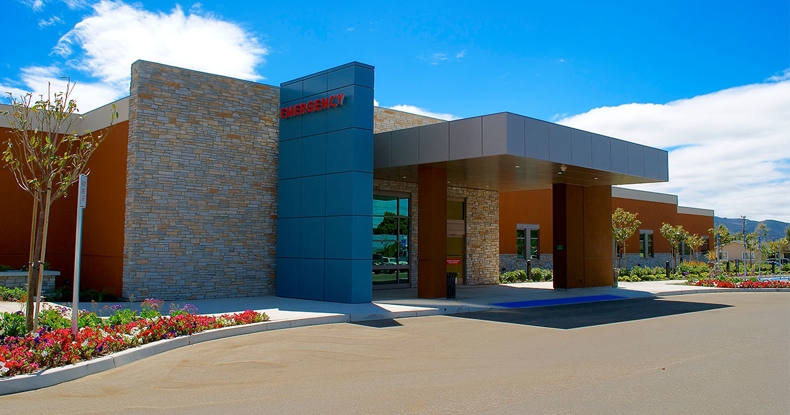V2 Health: Caring for the Community
- Category: Provider Spotlight
- Posted On:
- Written By: Lompoc Valley Medical Center
.jpg)
Patients being treated in Lompoc Valley Medical Center (LVMC)’s 60-bed acute care hospital now have their care managed by hospitalists, known as “V2 Health.” The two “V’s” in that name is Dr. Dushyant Viswanathan and Dr. Srinivas Vuthoori. Both internal medicine physicians began working together several years ago in various medical facilities in Palm Desert, before moving to the Central Coast. The physicians, who are joined by Dr. Daryl Chestney, have been handling hospital cases since Aug. 1.
“Hospitalists, in general, are physicians specializing in hospital medicine,” explains Dr. Naishadh Buch, LVMC’s Chief Operations Officer. “They take care of all the in-patients.” After a trial period, Dr. Buch said it was clear that V2 Health was a great fit for LVMC.
“Their philosophy on how patients should be treated and the philosophy of LVMC were completely in sync and matched perfectly,” Dr. Buch said. “We’re doing this for the patients. Our whole goal is to provide outstanding clinical care for the community.”
What is a Hospitalist?
Hospital medicine is a specialty organized around a site of care (such as emergency medicine), as opposed to an organ (such as cardiology), a disease (such as oncology) or an age group (such as pediatrics). Hospitalists are usually Internal Medicine specialists.
Since hospitalists specialize in managing the clinical problems of hospitalized patients, they gain and bring valuable experience dealing with the unique needs of a person during a hospital stay. Hospitalists become especially skilled at treating common health problems like pneumonia, congestive heart failure and infections.
Spending the majority – if not all – of their workday in the hospital, hospitalists are especially accessible to anyone who needs them: the patient, family members, other clinicians or hospital staff. This allows them to respond much more quickly whenever a patient or family member has a question or a concern. This contrasts with office-based doctors, who often see their hospitalized patients only during morning or evening rounds.






